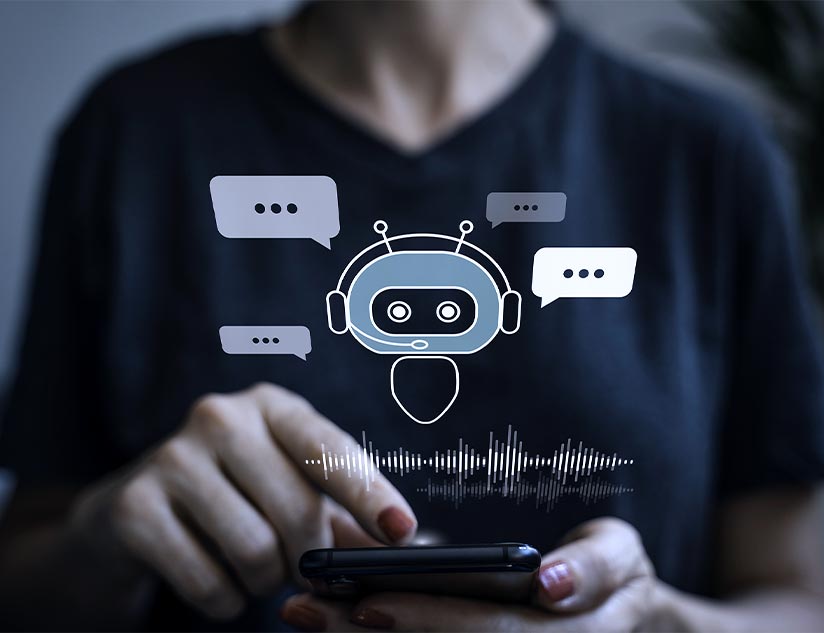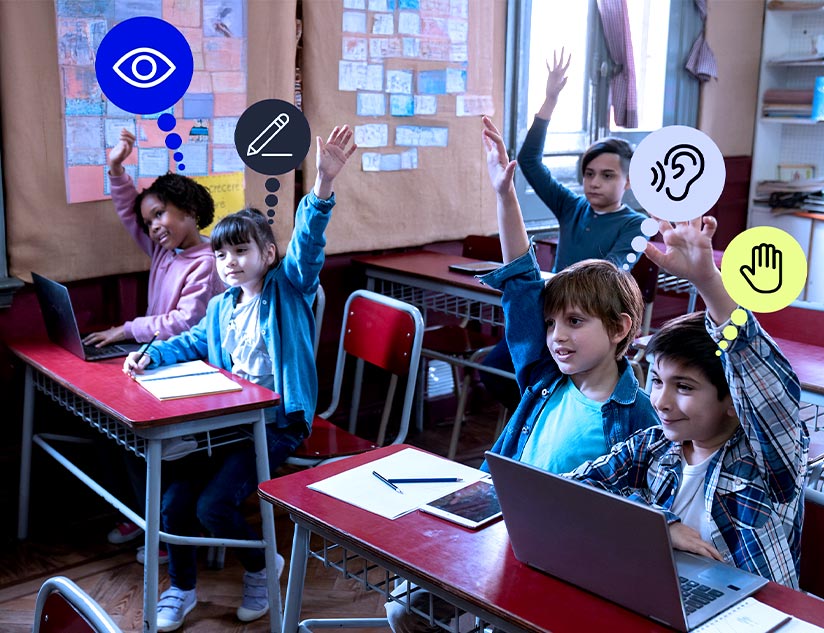An AI-driven literature exploration tool helped computer scientist Christian Berger’s team launch their project on self-driving vehicle algorithms. Without it, scientists at the University of Gothenburg, Sweden, would have had to navigate through more than 10,000 academic papers on the subject, which would have taken a couple of years. Artificial intelligence is not only easing digital publishing, but it is also making thedigita entire process more efficient and error-free.
On the other hand, in the UK, thousands of researchers and authors are boycotting paid-for-profit subscription journals, like Nature, because they do not believe taxpayers should have to pay for access to online academic publishing. AI tools are helping such writers thrive without the involvement of commercial publishers.
If we’ve learnt anything from the Cambridge Analytica scandal, or the Russian AI-powered fake news in the 2016 US Presidential elections, it is that intelligent platforms will drive the future of online publishing.
Huge Range of Applications in Media and Publishing
Machine learning, a field that currently underpins the AI revolution, is no longer limited to robotics, self-driving cars or even Netflix recommendations. Although young and technologically astute fields, these are changing the face of digital publishing significantly. Beyond creating customized content for readers, AI can increase the overall capacity to publish quality work by analyzing text, detecting plagiarism and much more.
It will empower Gen Z students and workforce to gain access to self-paced learning modules, training them for jobs of the future.
AI is a great help to social media platforms and websites, deciding the best times to publish a specific content piece, based on the target audience. Businesses will be able to deliver tailored content to their chosen audience much more effectively with the use of AI. It will help to efficiently organize and manage content on various platforms, which has so far been a major hurdle due to the unstructured nature of audio and video data.
Research on customer behavior and interaction with published content will also get simpler, with recent advances in AI tools based on speech and emotion recognition, combined with computer vision. All this will lead to a reduction of human involvement, and therefore human errors and bias.
AI can also play a crucial role in ensuring the accessibility of content for the differently abled. In addition, by 2020, 50% of all online searches are expected to be voice-based. When you ask Alexa or Google home to find something. You don’t expect a series of response, you expect an exact answer. This shift on how people find content will completely transform digital publishing and content discovery.
An AI-based virtual assistant can play a key role in helping with the easy search for and access to content made available via digital publishing. What this essentially means is that a virtual assistant can make content discovery personalized and simple, based on the content consumption patterns of individual users, In addition, content consumption can be driven through an AI-based virtual assistant. Take Alexa or Siri, for instance. You could ask them for a recommendation of a best seller to read. In response, they would respond with specific suggestions of best-selling books, driving content consumption in a specific direction.
With the help of natural language processing, AI will help expand the frontiers of scientific research. Platforms today are able to gather data from external sources, in the form of published blogs, newspaper reports, press releases, tech magazine articles and so on. Citations will be easily sourced. The academic world will finally be able to get out of a primitive publishing ecosystem.
Shaping Young Minds: AI in K-12 Education
Digital publishing is not just constricted to scientists and researchers. Children and young adults are using AI-tools for a more immersive learning experience. The way students learn is undergoing a sea change and educators will need to fine-tune their instruction methods if they want students to benefit from them.
With the help of customizable learning interfaces, students are able to understand core concepts in a way best suited to their learning style. They now have easier access to interactive content, comprehensive assessments and real-time feedback, without the need for a classroom environment. AI assistants can, in some cases, even replace human teachers to moderate classroom discussions and other group activities.
Teachers are also leveraging machine-assisted solutions to develop suitable curricula and responsive content, which integrates well with video tutorials, gamification-based reward systems, and self-assessments. Most importantly, the learning experience can be personalized to each student, which also offers multiple learning benefits, not the least of which is engagement with the content.
Artificial intelligence could redefine digital publishing, not only for the good of businesses, researchers and educators but also for the end-user. It certainly holds huge promise for knowledge discovery, matching content to the individual, while ensuring that the experience remains customized, interactive and engaging. It is AI and machine learning that is transforming learning management systems into learning experience platforms.
Contact our experts if you have a question.













